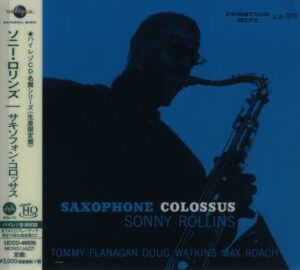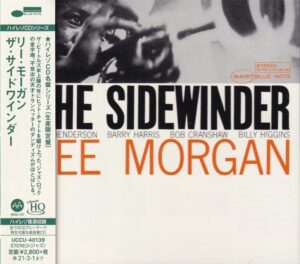The reviews of the 1978 album Jazz were mixed: while some praised it as one of the best of the band, the music magazine Rolling Stone described Queen as the “first truly fascist rock band”. As on News Of The World, the four band members use all possible styles and go completely different ways. Thanks to Brian May’s tremendous guitar sounds, jazz sounds even bigger and heavier than its predecessor. Freddie Mercury seems to be running amok and covers the songs with an absurdity that is difficult to escape. Queen have always been artificial and exaggerated, but Mercury’s big-time exaggerations make jazz one of the band’s most entertaining albums.
The UHQCDs of the Queen titles are based on an earlier digitization, which was carried out in 24 bit and partly in 88.2 kHz, partly in 96 kHz sampling rate. Accordingly, the encoded MQA signal is only contained in this way. In terms of sound, the UHQCDs differ from the earlier MFSL Gold CDs, for example, in that they have a more open, gripping sound that now also represents depth and not just width. The bass range seems drier and more driving than in previous editions and you can clearly see that the Queen was a rock band.
UHQCD stands for Ultimate High Quality Compact Disc and is a joint development of the Japanese CD replication company Memory-Tech and the Audio Quality CD Company from Hong Kong. Unlike conventional CDs, UHQCDs are not pressed from polycarbonate, but rather cast from a photopolymer and cured with UV light. Another layer of high-purity polycarbonate is applied to protect the softer photopolymer from scratching. The combination results in a significantly reduced reflection of the laser light inside the CD and an unmatched precise edge transition between pits and lands of the CD. UHQCDs are 100% compatible with normal CD players. Musically, the result is a sound that is strongly reminiscent of analog master tapes.














